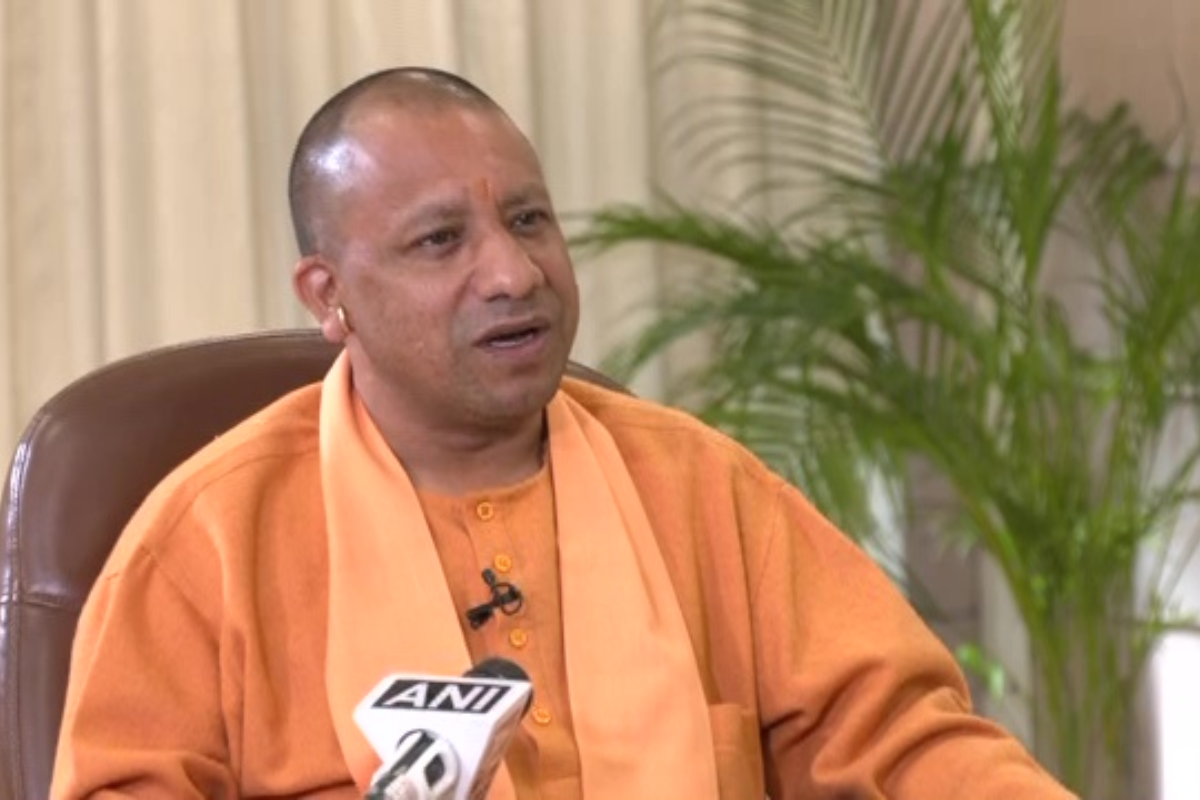In addition to the campaign against communicable diseases, the Yogi Adityanath government in Uttar Pradesh will also run a drive to prevent the spread of diseases like meningitis and the H3N2 virus across the state.
On the instructions of Chief Minister Yogi Adityanath, the Directorate of Urban Bodies has issued directions to all Municipal Commissioners, General Manager Jalkal Department, and executive officers/officers in charge of all Municipal Councils in connection with the special campaign, which is scheduled to kick off from April 1 to control communicable diseases, and the Dastak campaign, officials here on Saturday said.
Significantly, in addition to communicable diseases, the department has issued guidelines for effective and time-bound action in relation to the spread of meningitis and the H3N2 virus.
Notably, the Yogi government will launch a special campaign against infectious diseases like encephalitis, dengue, chikungunya, malaria and kala-azar in all 75 districts of the state from April 1. The Communicable Disease Control Campaign is run in three phases every year. This year, the campaign’s first phase will end on April 30.
The Government is also gearing up to tackle the challenge of infectious and water-borne diseases through the ‘Dastak’ drive.
In the guidelines issued by Neha Sharma, director of the Directorate of Urban Bodies, it has been said that the elected public representatives of the urban bodies and mohalla monitoring committees should be informed about meningitis and other vector-borne and water-borne diseases as well as diseases related to hot weather (heat related).
Apart from this, fogging will be done in urban areas (all bodies) whereas intensive vector control and sensitization activities will be conducted at the places mentioned in the list of high risk areas provided by the Health Department. Together with this, the bye-law governing legal action will also have to be enacted against the persons/institutions generating mosquito-borne circumstances.
Additionally, it has been suggested that a thorough awareness campaign be run in urban areas to promote environmental and personal hygiene measures, no open defecation, use of pure drinking water and prevention of mosquitoes and prevention and control of AES / JE and other infectious diseases.
To stop the use of shallow hand pumps, they should be marked with red colour. Instructions have also been given to seal the pipes of handpumps with concrete from all sides and to ensure the construction of soak pits near the hand pumps for the discharge of wastewater.
Besides, instructions have also been given to regularly check OT tests, bacteriological and viral tests, chemical tests, H25 tests, etc. for the quality of pure drinking water. Along with this, the Mini Public Water Supply (MPWS), and Tank Type Stand Post (TTSP) will have to be established and maintained as per the norms in the population.
Apart from this, the focus will be on the sensitive population groups of urban areas and urban slums. It will also be necessary to make sensitive areas open defecation free (ODF) on a priority basis, prepare progress reports of departmental activities in sensitive areas and urban slums along with recording physical progress.
Door-to-door campaigns will be conducted in the urban areas through Mohalla Monitoring Committees to keep them continuously aware of meningitis and other vector-borne diseases, water-borne diseases and diseases related to hot weather (heat-related illnesses).
Along with this, instructions have been given to take necessary action to ensure compliance with the H3N2 virus/Covid-19 protocol with the help of the Health Department and to run a public awareness campaign under this.












